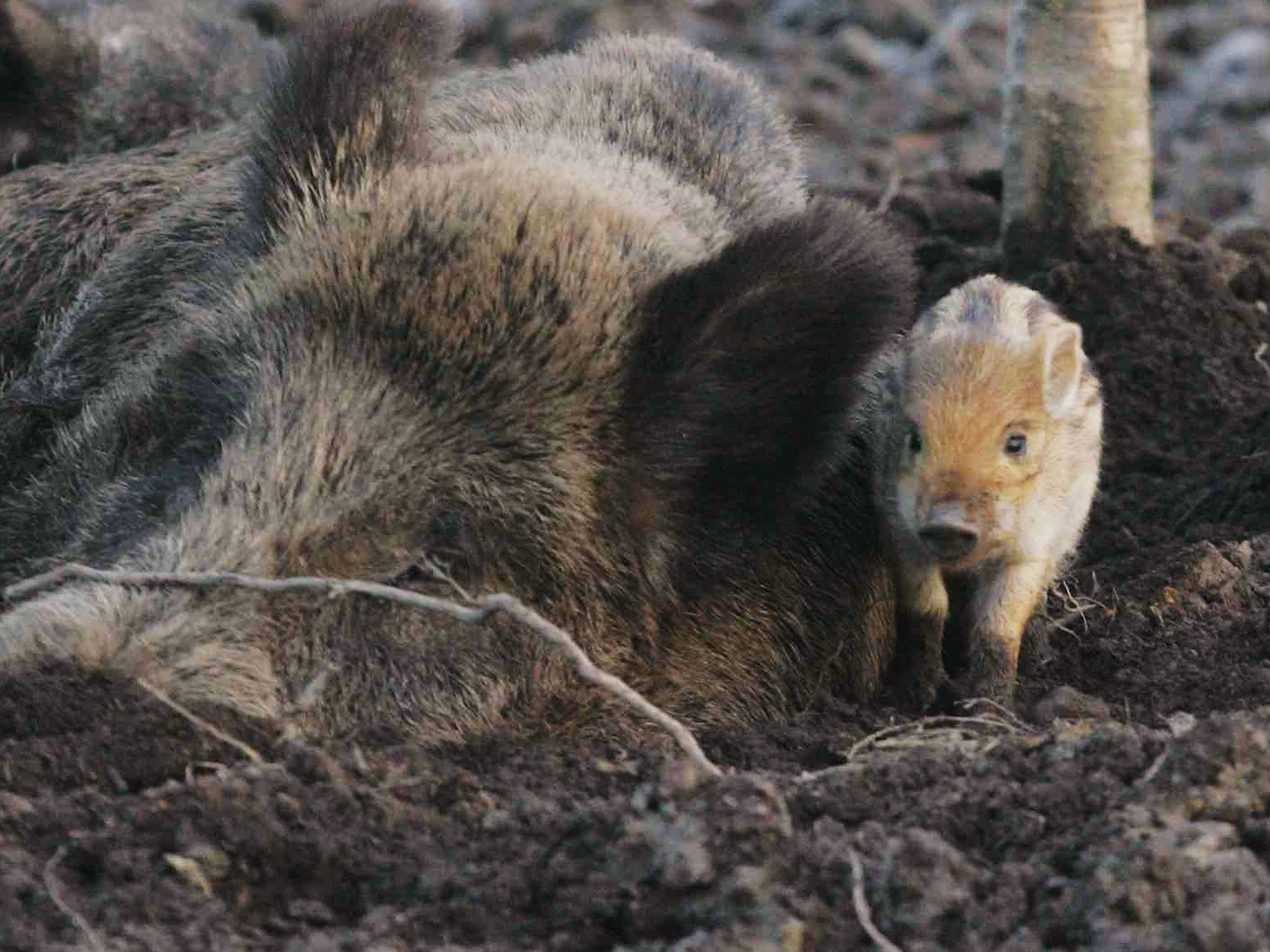Wild boar population boom leads to calls for culls from wildlife experts
All wild boar living free are the result of escapes or illegal releases

Your support helps us to tell the story
From reproductive rights to climate change to Big Tech, The Independent is on the ground when the story is developing. Whether it's investigating the financials of Elon Musk's pro-Trump PAC or producing our latest documentary, 'The A Word', which shines a light on the American women fighting for reproductive rights, we know how important it is to parse out the facts from the messaging.
At such a critical moment in US history, we need reporters on the ground. Your donation allows us to keep sending journalists to speak to both sides of the story.
The Independent is trusted by Americans across the entire political spectrum. And unlike many other quality news outlets, we choose not to lock Americans out of our reporting and analysis with paywalls. We believe quality journalism should be available to everyone, paid for by those who can afford it.
Your support makes all the difference.Wildlife experts are calling for more wide-reaching culls for wild boar to be considered after the animals were this week blamed for a fatal motorway accident and wreaking havoc in parts of the countryside.
A 47-year-old man was killed on Monday when his car collided with a wild boar that had strayed on to the M4 motorway near Swindon.
Questions are now being raised over where the animal came from, with some experts blaming wild populations in the Forest of Dean and the Quantocks area of Somerset – though others believe it likely escaped from captivity nearby, as a wild boar has not been spotted in Wiltshire since 2009.
While the motorway death has added a new urgency to questions over the population increases and the possible dangers they create, other incidents have underlined the effects they are having on rural communities.
A dramatic jump in the number of boars in the Forest of Dean saw them increase from 535 animals in 2013 to 819 in 2014, according to the Forestry Commission. Other “hot spots” include the Kent/Sussex border, southwest Dorset and the Quantocks.
The animals have recently been blamed for tearing apart grass verges and even digging up a cemetery. And on Tuesday, Princess Anne revealed to delegates at the Oxford Farming Conference that one of her pigs had been killed by a wild boar on her Gatcombe Park estate in Gloucestershire.
Criticism has been levelled at the Department for Environment, Food and Rural Affairs (Defra) for refusing to coordinate a national strategy to wild board population control. In 2008, the government body ruled that responsibility for the control of wild boars fell to local land owners.
Peter Watson, chief executive of the Deer Initiative, said the M4 incident could lead to a cull in the area.
“Because there have been a number of incidents in that particularly area we are discussing with Natural England and Defra as to whether somebody should go and see if there is a population which needs better management.”
Scott Passmore, a wildlife conservation expert, said he would also welcome a wider-reaching strategy.
“At the moment, wild boars are classed as feral. If they were reclassified as a native species, then we could have a strategy that ensured a responsible approach to controlling population numbers. At the moment, the buck is just being passed and we end up with baby boars starving to death because their mothers have been killed.”
A Defra spokesperson said they would not comment on the calls for a wider-reaching strategy on population management. They said: “All the wild boar living free in England are the result of escapes from farms or illegal releases,” warning of the consequences of such incidents.
Join our commenting forum
Join thought-provoking conversations, follow other Independent readers and see their replies
Comments